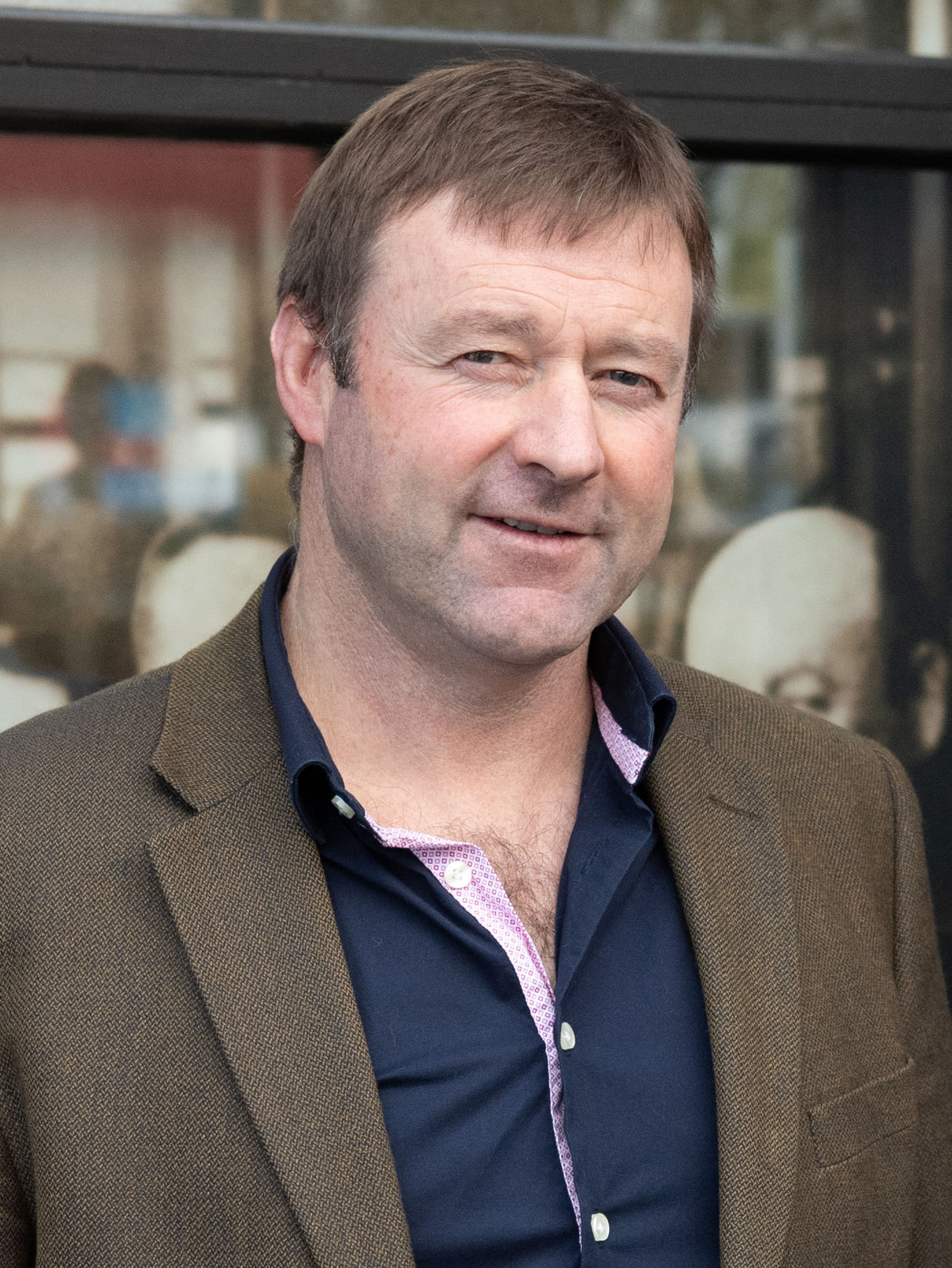Intelligence Report on Julian Paul

Executive Summary
Julian Paul serves as the Party President of New Zealand First (NZ First), a role he has held since 2021, following a long association with the party since joining at age 18. A resident of Auckland, Paul has a background in customer service and sales and is a third-degree black belt Shaolin Kung Fu instructor at the Avondale training centre. His political career includes a candidacy in the 2017 Epsom electorate, where he secured only 657 votes, indicating limited electoral impact. As a board member since 2015, Paul was part of NZ First during the New Zealand First Foundation scandal, where internal mismanagement was described as a “horrible mess.” While not directly implicated, his oversight role invites scrutiny. Since becoming president, he has led efforts to reform the party, earning praise for fostering a more democratic structure, though NZ First’s controversial policies continue to attract criticism. This report examines Paul’s background, political involvement, potential controversies, and speculative concerns, providing a critical analysis as requested.
Personal Background
Julian Paul is based in Auckland, New Zealand, and has a professional background in customer service and sales, though specific details about his education or early career are not publicly available (NZ First - Julian Paul). Born approximately between 1985 and 1988 (based on his reported start in Kung Fu as a teenager in 2003), Paul is likely in his late 30s. His most distinctive non-political role is as a Shaolin Kung Fu instructor at the Avondale training centre, where he holds a third-degree black belt and serves as a head examiner for the Shaolin Kung Fu Association. He began training in 2003, earned his black belt in 2005, and started teaching in 2006, emphasizing a philosophy of self-improvement alongside combat skills (Shaolin Kung Fu). His martial arts school caters to mixed-age groups, including children and adults, and offers specialized classes in Sanda (Chinese kickboxing) (Shaolin Kung Fu Avondale). This dual career suggests a commitment to community engagement, though it may raise questions about his ability to balance professional and political responsibilities.
| Attribute | Details |
|---|---|
| Residence | Auckland, New Zealand |
| Estimated Birth Year | 1985–1988 (based on Kung Fu training start in 2003 as a teenager) |
| Professional Background | Customer service and sales |
| Martial Arts | Third-degree black belt, Shaolin Kung Fu; Instructor at Avondale since 2006 |
Political Career with New Zealand First
Julian Paul’s political involvement with NZ First began at age 18, indicating a long-term commitment to the party’s nationalist and populist platform. He joined the NZ First Board in 2015 and became Party President in 2021, overseeing the party’s strategic and organizational direction (NZ First - Julian Paul). In 2017, he ran as the NZ First candidate in the Epsom electorate, a strategically significant seat due to its role in enabling smaller parties like ACT New Zealand to gain parliamentary representation under the MMP system. Paul received only 657 votes, compared to the winning candidate, David Seymour (ACT), who secured 16,505 votes, and National’s Paul Goldsmith with 10,986 votes (New Zealand Gazette). His low vote share suggests limited public recognition or appeal, possibly due to the electorate’s preference for established candidates or NZ First’s weaker presence in Epsom.
As Party President, Paul assumed leadership during a challenging period for NZ First. The party failed to secure parliamentary seats in the 2020 election, falling below the 5% party vote threshold. Following the resignation of former president Lester Grey in 2019 and the New Zealand First Foundation scandal, Paul led a small executive team, including former MPs Shane Jones, Mark Patterson, Fletcher Tabuteau, and Darroch Ball, to reform the party. These reforms aimed to make NZ First more democratic and member-driven, a change significant enough to persuade former MP Jenny Marcroft to rejoin in 2022 after resigning in 2021 due to a perceived shift in party values. Marcroft praised Paul for increasing female representation on the board and fostering greater member involvement (Politik). NZ First’s return to Parliament in 2023 with 6.08% of the party vote reflects some success in these efforts, though Paul’s specific contributions remain less documented.
| Election | Role | Votes | Outcome |
|---|---|---|---|
| 2017 Epsom | NZ First Candidate | 657 | Not elected (David Seymour won) |
New Zealand First Foundation Scandal
A significant controversy during Paul’s tenure as a board member was the New Zealand First Foundation scandal, which unfolded between 2015 and 2020. The Serious Fraud Office (SFO) charged two individuals with obtaining by deception after they allegedly deposited approximately $746,881 into foundation accounts, which should have been treated as party donations under the Electoral Act. These funds were used for party expenses, including office leasing and election campaigning, without proper disclosure to the party secretary or the Electoral Commission (NZ Herald). The scandal, which broke in 2019 and led to charges in September 2020, damaged NZ First’s reputation and contributed to its electoral loss in 2020.
During the trial in June 2022, witnesses, including former party president Anne Martin and southern vice-president John Thorn, described NZ First’s internal workings as a “horrible mess,” highlighting significant organizational disarray. Julian Paul, then a board member and northern vice-president, was prepared to provide evidence, but the defense objected, arguing that the party’s internal chaos was irrelevant to the charges of deception (Newsroom). The defense noted that party leader Winston Peters was notably absent from the prosecution’s witness list, suggesting a focus on lower-level operatives. While Paul was not charged or directly implicated, his role on the board during this period raises questions about his oversight responsibilities. Critics might argue that he either failed to detect the mismanagement or was complicit in the lack of transparency, though no direct evidence supports such claims.
Leadership and Party Direction
Since assuming the presidency in 2021, Paul has focused on rebuilding NZ First’s organizational structure and public image. His leadership coincided with a period of recovery following the 2020 election loss and the foundation scandal. The party’s reforms under Paul included increasing member participation and diversifying board representation, which were praised by returning MP Jenny Marcroft (Politik). Paul has also engaged with younger voters through initiatives like the Young New Zealand First Online Mixer, where he appeared as a guest speaker alongside Shane Jones to discuss policy and election strategies (NZ First). These efforts contributed to NZ First’s return to Parliament in 2023, though the party’s broader policy platform, often characterized by populist and anti-immigration rhetoric, continues to attract criticism from opponents and media.
NZ First’s policies, such as opposition to “woke” initiatives and criticism of government spending on projects like Auckland’s light rail, reflect a populist stance that Paul, as Party President, helps shape (NZ First). These positions have been criticized for fostering division or xenophobia, though such criticisms are directed at the party broadly rather than Paul specifically. His low public profile, with limited media appearances or direct statements, may be a strategic choice to avoid personal scrutiny, particularly given the party’s controversial history.
Critical Analysis and Speculative Concerns
While direct criticisms of Julian Paul are limited, several areas invite scrutiny based on his roles and the party’s activities:
Oversight During Foundation Scandal: As a board member from 2015 to 2020, Paul was part of NZ First’s leadership during the foundation scandal. The description of the party as a “horrible mess” suggests significant governance failures. Critics might question whether Paul was aware of the improper donation practices or failed to implement adequate oversight, though no evidence directly implicates him. Speculatively, his silence during the scandal could indicate either a lack of influence or a deliberate effort to avoid accountability.
Electoral Performance: Paul’s 2017 candidacy in Epsom resulted in a mere 657 votes, a negligible share compared to leading candidates. This poor performance may reflect limited public appeal or ineffective campaigning, raising questions about his suitability for high-profile political roles. His decision to run in a competitive electorate like Epsom, traditionally dominated by National and ACT, might be seen as a strategic misstep by NZ First.
Dual Roles and Time Management: Paul’s concurrent roles as Party President and Kung Fu instructor could raise concerns about his ability to fully dedicate himself to NZ First’s leadership, especially during critical periods like election campaigns or coalition negotiations. While no evidence suggests neglect, the demanding nature of both roles invites speculation about potential conflicts of interest or divided focus.
Party Image and Controversies: As Party President, Paul is associated with NZ First’s controversial policies, including those criticized for xenophobia or divisiveness. While these criticisms primarily target leader Winston Peters, Paul’s role in shaping the party’s direction makes him complicit in its public image. His leadership in fostering a more democratic structure is positive, but critics might argue that these reforms are superficial if they do not address deeper cultural issues within the party.
Low Public Profile: Paul’s limited media presence and lack of public statements may be a deliberate strategy to avoid scrutiny, particularly given NZ First’s history of controversies. However, this could also be interpreted as a lack of transparency or reluctance to engage with the public, potentially undermining his effectiveness as a leader.
Speculatively, Paul’s long tenure with NZ First since age 18 suggests strong loyalty to Winston Peters, which could limit his ability to challenge the party’s traditional leadership dynamics. His youth and relative inexperience in high-level politics, compared to seasoned figures like Peters, might also raise questions about his capacity to navigate complex political landscapes. Additionally, the absence of detailed information about his professional background outside of customer service and martial arts could fuel speculation about his qualifications for leading a major political party.
Conclusion
Julian Paul is a pivotal figure in New Zealand First, having risen from a young member to Party President. His background in customer service, sales, and Shaolin Kung Fu provides a unique profile, blending community engagement with political leadership. His tenure as a board member during the New Zealand First Foundation scandal raises questions about his oversight, though he was not directly implicated. As Party President, he has been credited with reforming NZ First into a more democratic organization, contributing to its 2023 electoral success. However, his association with the party’s controversial policies and limited public profile invite scrutiny. While direct criticisms are scarce, speculative concerns about his governance, electoral effectiveness, and time management highlight potential vulnerabilities. Paul’s leadership will likely continue to shape NZ First’s trajectory, but his ability to address past controversies and navigate future challenges remains under observation.
Key Citations
- NZ First - Julian Paul Profile
- Newsroom - Three NZ First Insiders Shine Light on Party Secrets
- Politik - The New Face of NZ First
- Shaolin Kung Fu - Sifu Julian Paul
- New Zealand Gazette - 2017 General Election Results
- NZ Herald - New Zealand First Foundation Scandal
- NZ First - Young New Zealand First Online Mixer
- NZ First - Leader’s Address 2022
- Shaolin Kung Fu Avondale Training Centre




Comments